Rohan Khattar Singh, Fair Observer’s Video Producer & Social Media Manager, speaks with Alejandro J. Ramos, Founder and Executive Director of the Ramos Research Institute. Their conversation begins with the shocking event of September 10, when American conservative activist Charlie Kirk was shot and killed at Utah Valley University. From there, they examine political polarization, free speech on campuses and Ramos’s Citizenship Empowerment Framework (CEF), which he believes could repair civic discourse.
Who was Charlie Kirk?
Khattar Singh introduces Charlie Kirk as a controversial conservative and prominent supporter of US President Donald Trump’s “Make America Great Again” movement. Kirk was well-known for organizing dialogues on campuses, often setting up signs inviting students to debate him. Supporters saw courage in his willingness to face hostile crowds, while critics accused him of provocation.
Ramos stresses that while Kirk was polarizing, he was personable and genuinely invested in conversation, unlike conservative commentators such as Ben Shapiro. Though Ramos often disagreed with his views, he insists Kirk believed in dialogue. His murder, then, was both a personal tragedy and a symbolic blow to free expression. It also exposed how fragile American democracy has become when voices, however contentious, are silenced through violence rather than countered with ideas.
Students across ideological divides often approached Kirk not to shout him down, but to test their own arguments. This revealed a hunger for genuine exchange that is often missing in today’s political climate.
Who is to blame?
For Ramos, the greatest danger lies in the reaction to Kirk’s death. He was appalled to see people on social media celebrating, saying Kirk “had it coming.” Normalizing political violence, he warns, marks a terrifying shift.
Ramos cites earlier attacks on politicians and judges’ families to argue that violence against any political figure is unacceptable. He insists he would be just as outraged if a progressive like New York Representative Alexandria Ocasio-Cortez were targeted. The true enemy, he argues, is not external foes but Americans’ own hatred of one another. If unchecked, this division could cause the United States to “die from within.”
In Ramos’s view, Americans must remember they are one people before partisanship consumes the nation. History shows republics rarely collapse from foreign conquest; instead, they disintegrate when citizens stop trusting each other and lose faith in shared institutions.
Kirk’s influence
Khattar Singh asks whether Kirk’s death will cool debate on campuses. Ramos insists universities must remain bastions of democracy. Yet research from the Ramos Research Institute shows students across the spectrum fear being “canceled” if they speak openly, and faculty members often inject ideology into classrooms.
Dialogue, Ramos argues, should be about understanding rather than scoring points. He cites Supreme Court Justice Amy Coney Barrett’s philosophy of attacking ideas, not people. Kirk’s ability to draw huge, diverse crowds proved that students still crave such exchanges, even when they are contentious. Ramos recalls how Kirk’s “PROVE ME WRONG” signs sparked long conversations where people listened, challenged and sometimes changed their minds. Losing that presence risks leaving a vacuum that more extreme figures could fill.
Citizenship Empowerment Framework
From these concerns, Ramos created the CEF. He points to alarming statistics: Only 22% of high school students can pass a basic civics exam. Without civic knowledge, meaningful participation in democracy is impossible.
The CEF has four pillars. Foundational Knowledge ensures students grasp core principles. Media Literacy equips them to think critically about news and sources. Courageous Dialogue calls for open, respectful conversations across divides. Finally, Engagement urges citizens to apply these skills in their communities.
Ramos is preparing to pilot the program at universities and vows not to be silenced. He believes it must be institutionalized so dialogue becomes a permanent part of student life. For him, the framework is not just an educational reform but a survival strategy for democracy, giving young people the tools to resist polarization and reclaim civic trust. If students graduate with the skills to disagree without hatred, the health of the republic itself will be strengthened.
America divided beyond repair?
Looking ahead, Khattar Singh notes that the right portrays Kirk as a martyr, while some on the left are indifferent, pointing to other tragedies the same day. He presses Ramos on whether the murder will deepen division or inspire unity.
Ramos calls this the “million-dollar question.” Polling shows that while most Republicans reject celebrating opponents’ deaths, fewer Democrats feel the same. He fears that joy at Kirk’s death could radicalize moderates and empower extremists like far-right activist Nick Fuentes.
Yet he also sees this as a potential wake-up call for Americans. Ramos argues that the American public must choose between deepening chaos or recommitting to dialogue. If he were president, Ramos says, he would lock Congress in a chamber without phones until they found a way forward.
Khattar Singh closes by endorsing the CEF as one step toward unity. Whether Americans seize that opportunity or retreat further into polarization will shape the future of democracy itself.
[Lee Thompson-Kolar edited this piece.]
The views expressed in this article/video are the author’s own and do not necessarily reflect Fair Observer’s editorial policy.



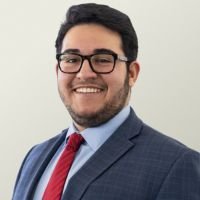
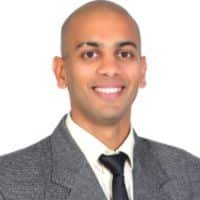
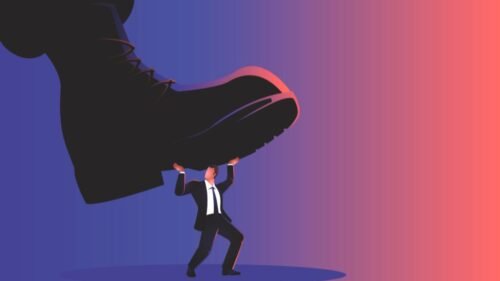
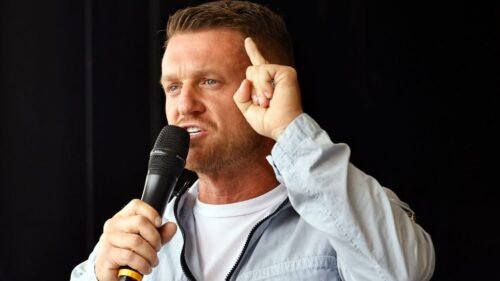
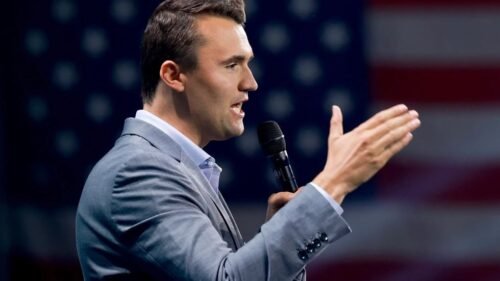
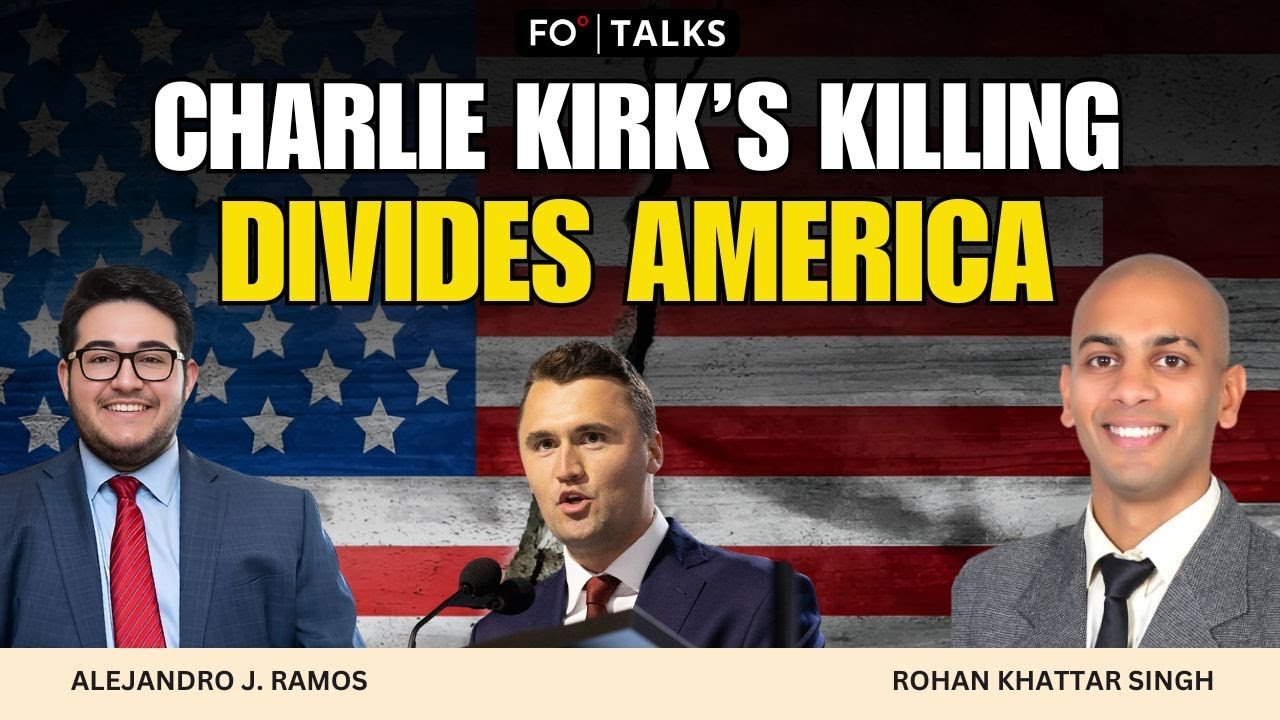
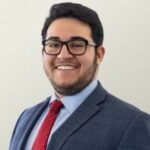
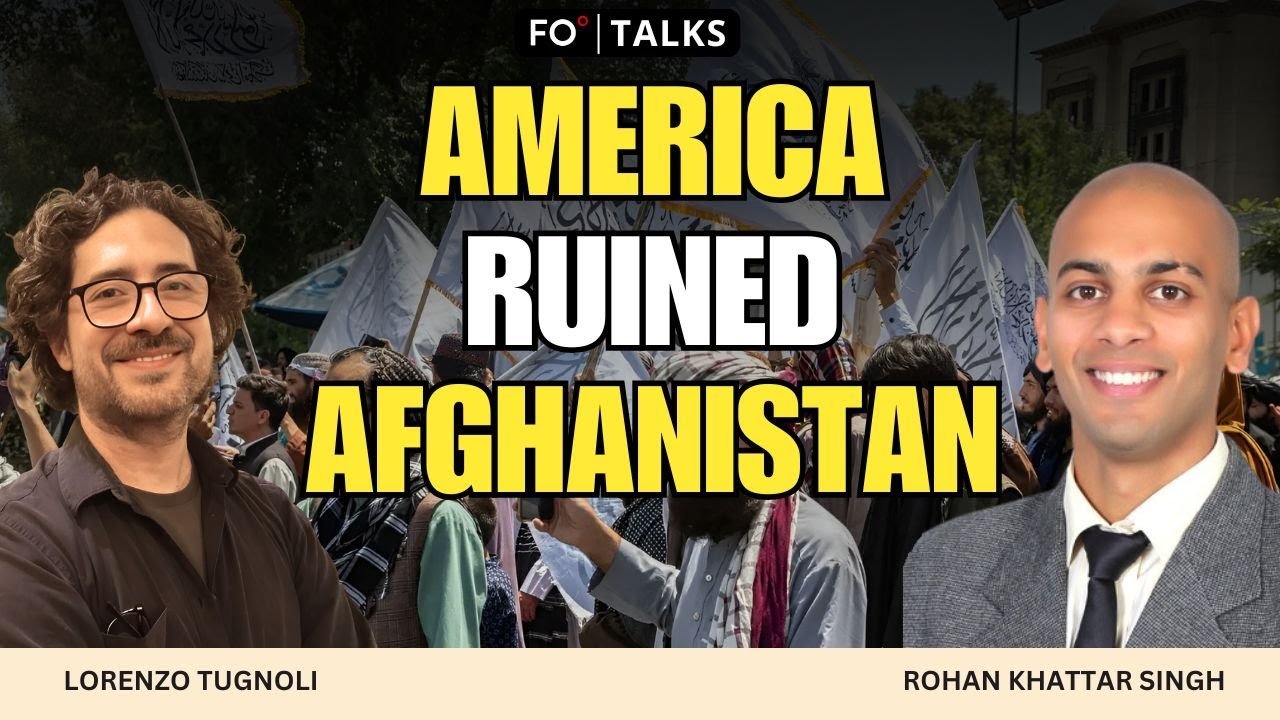
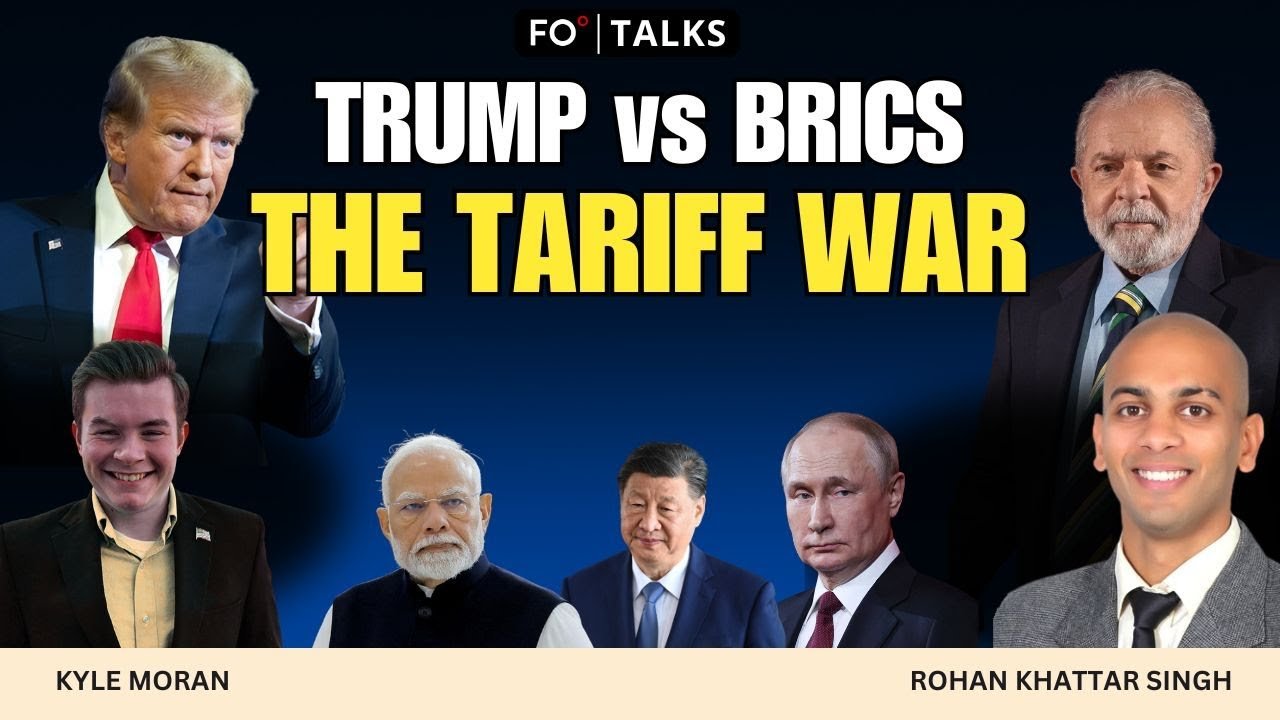
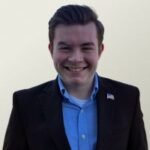


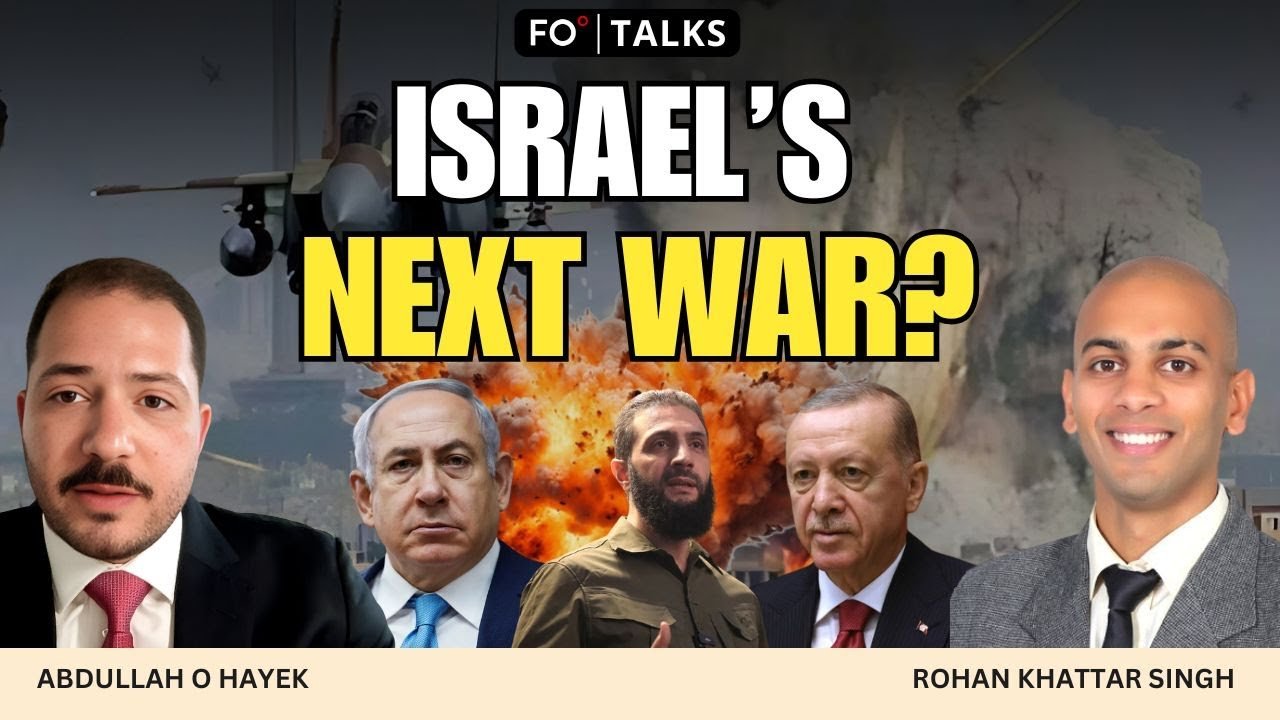

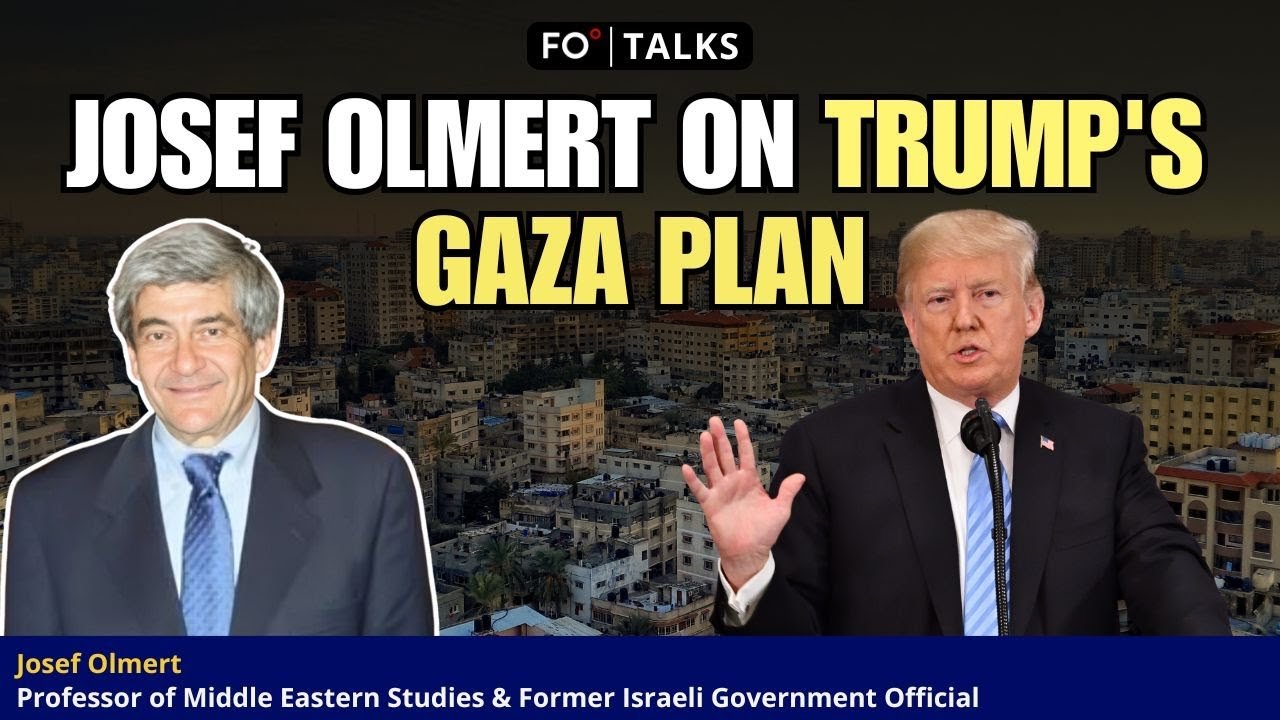

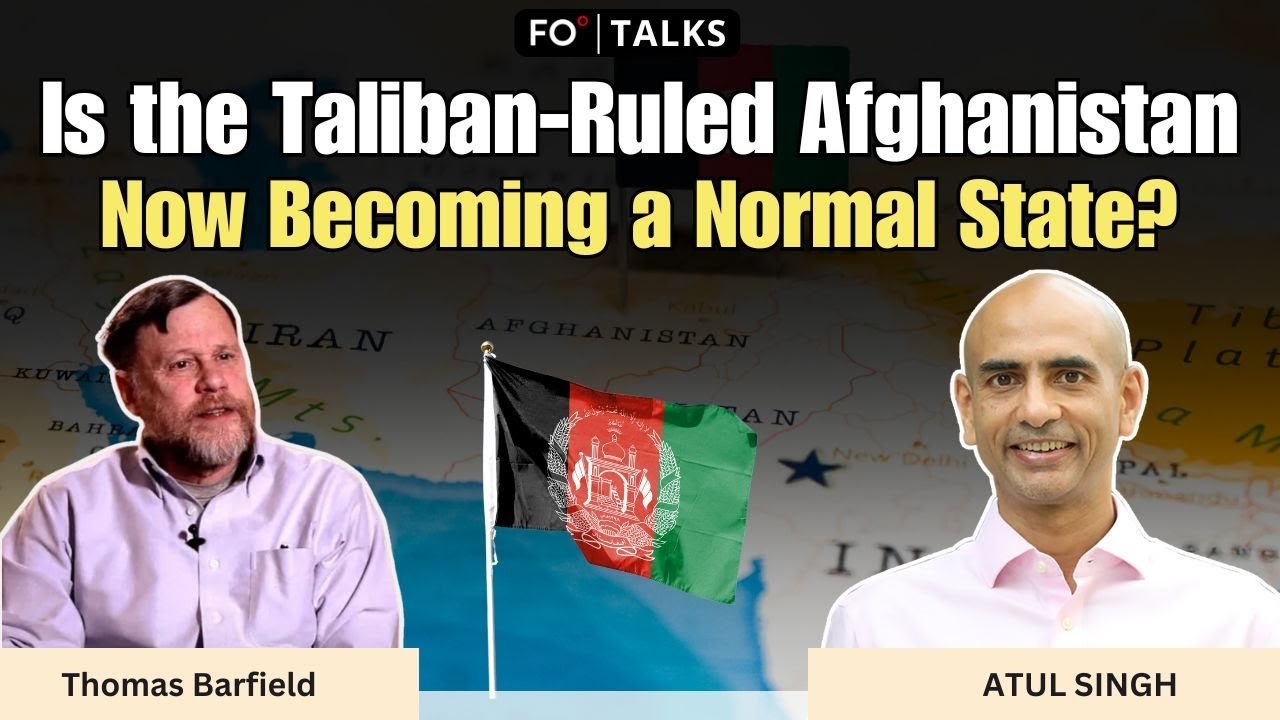



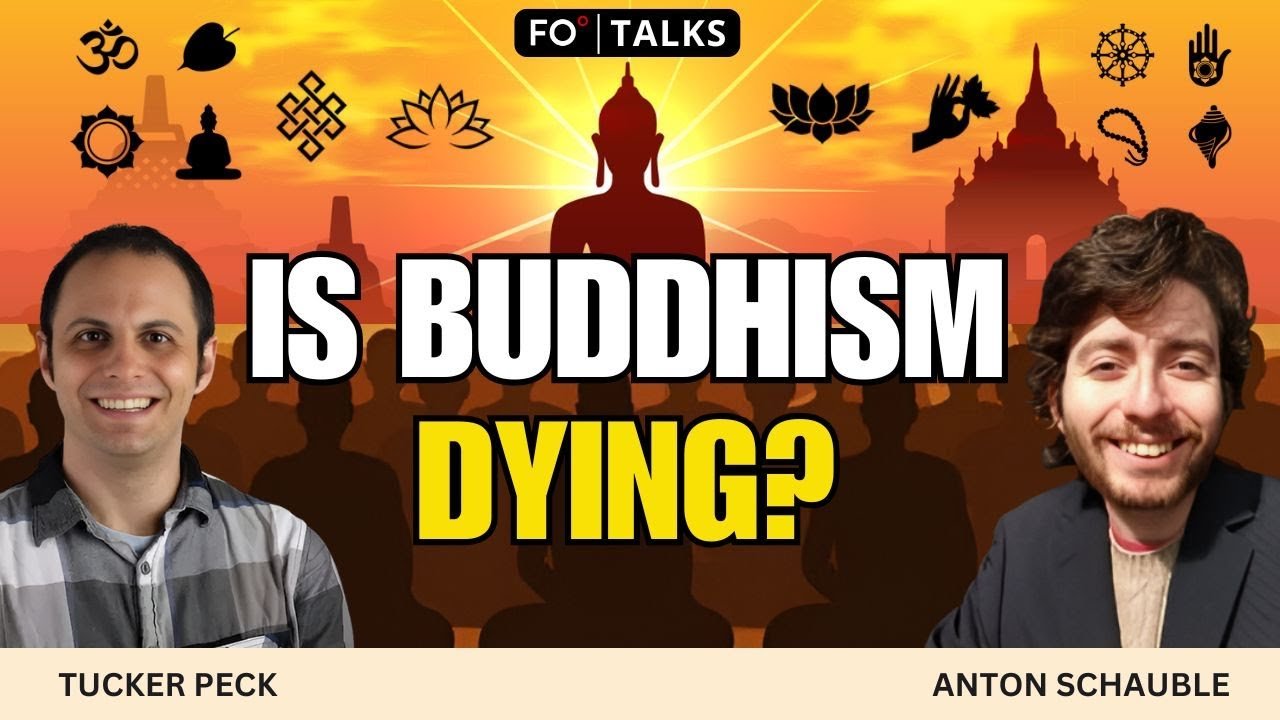
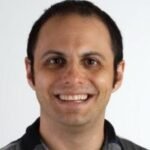
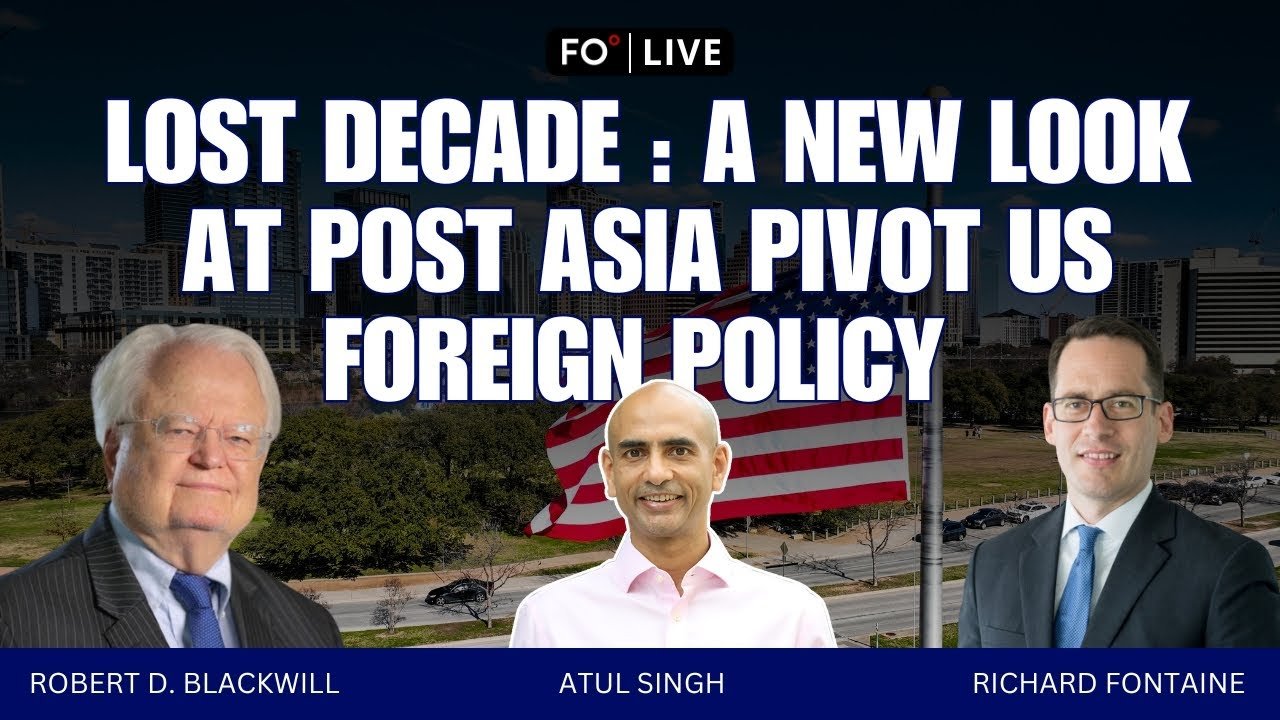
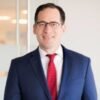
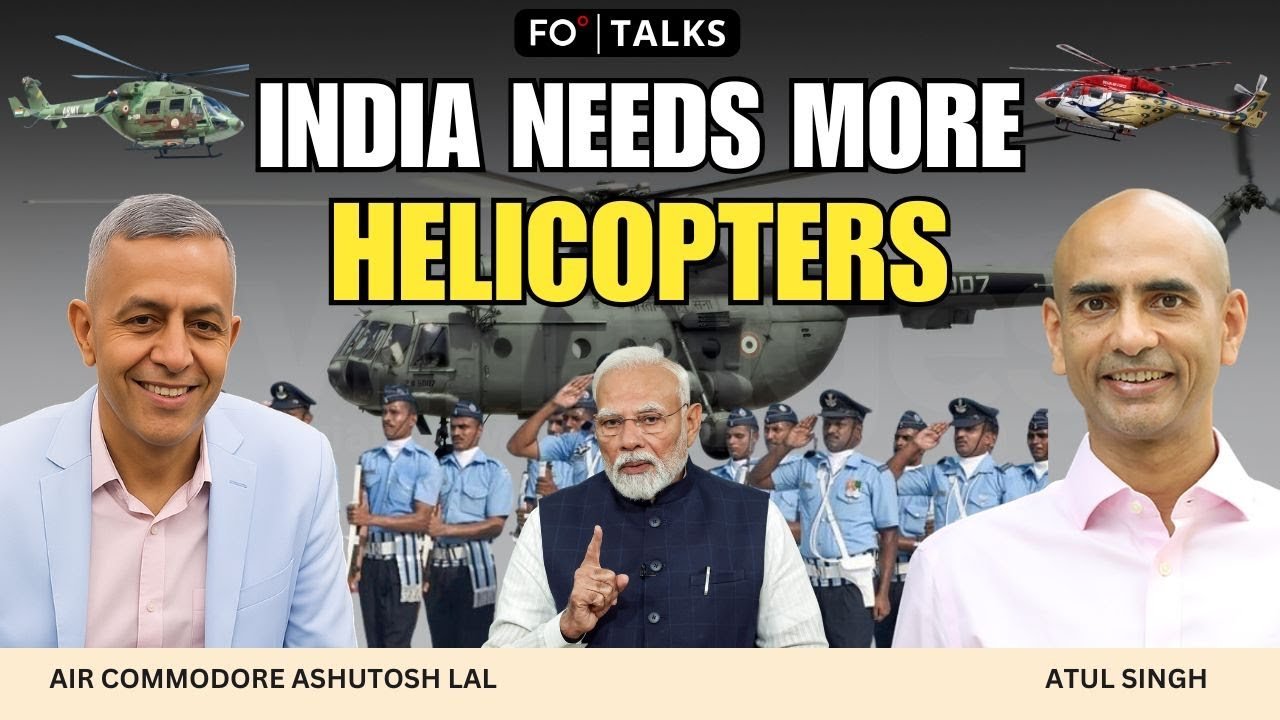









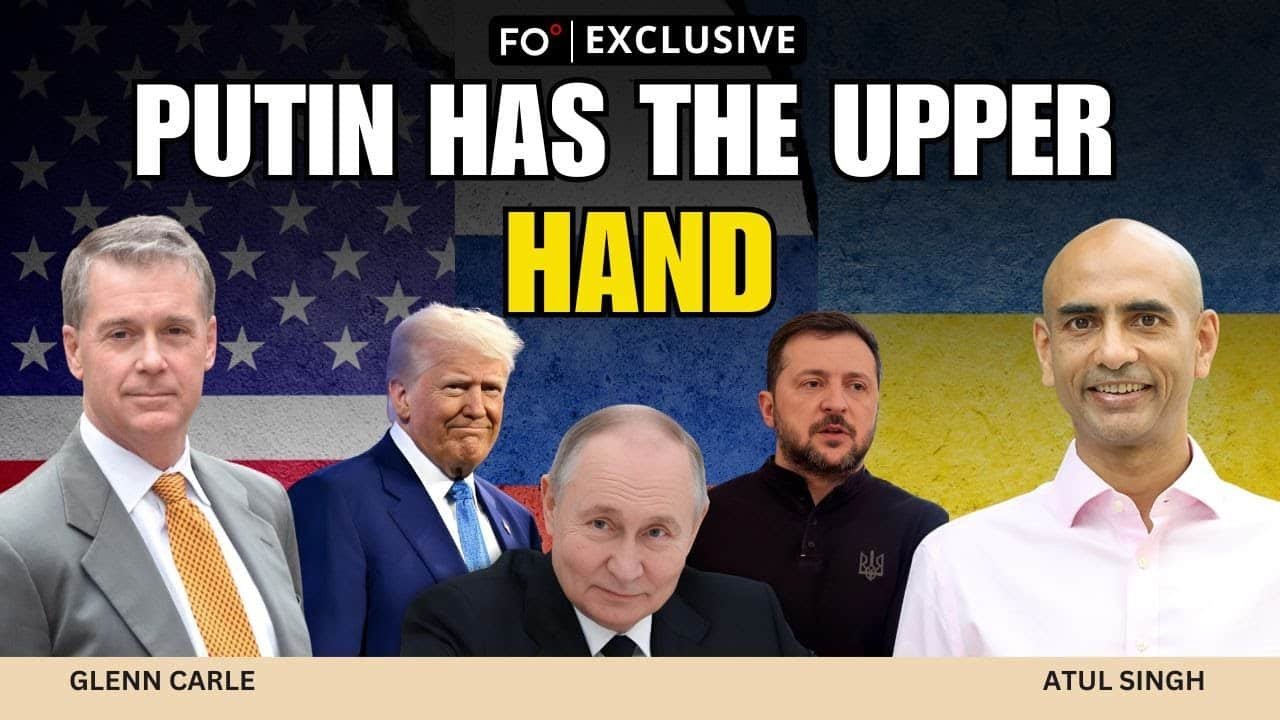

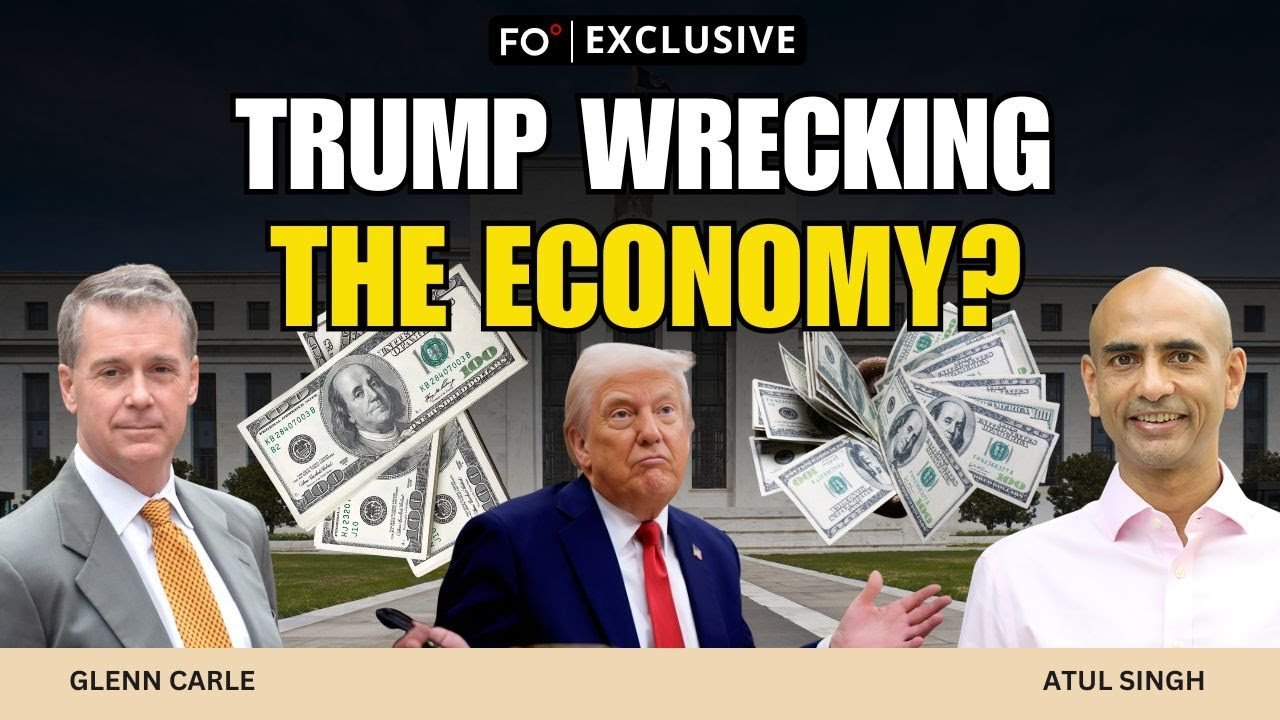



Comment